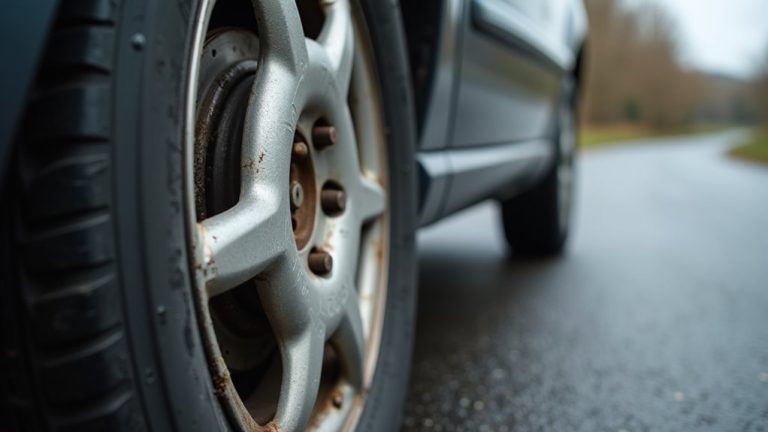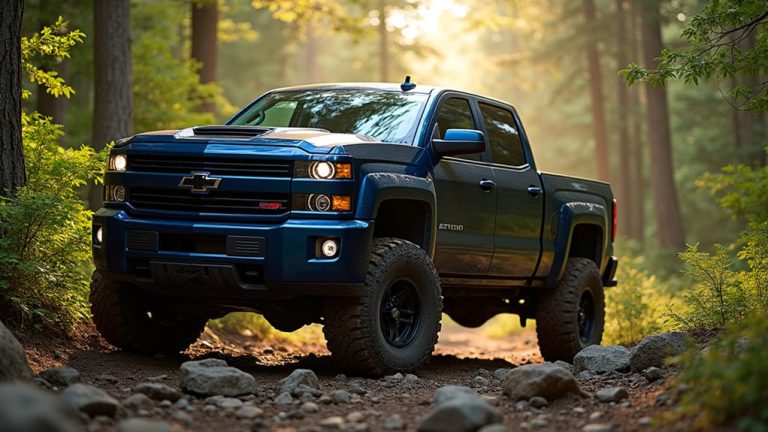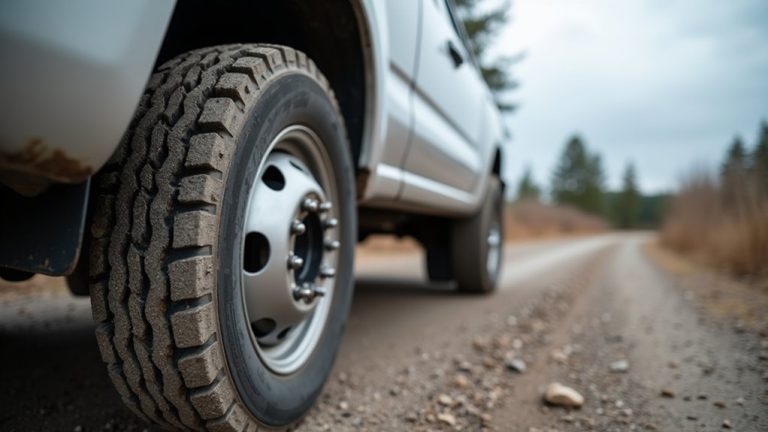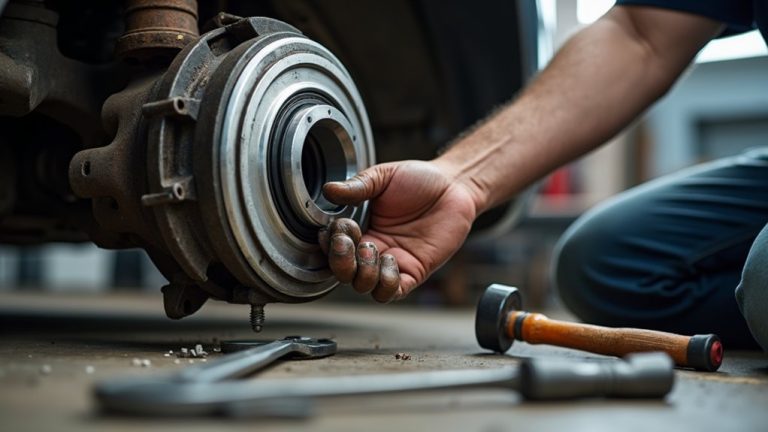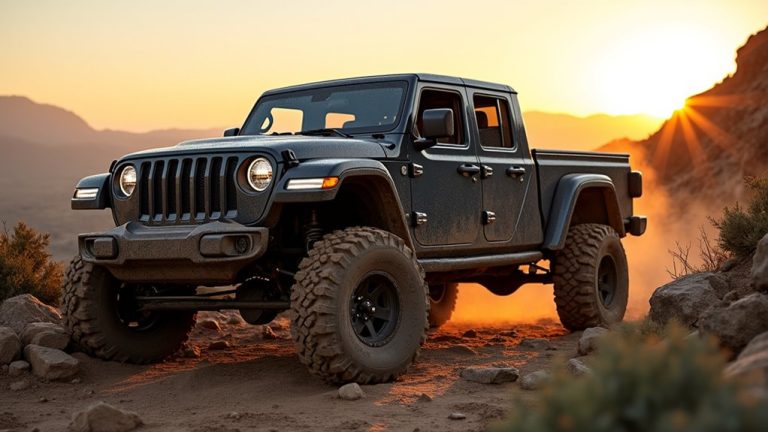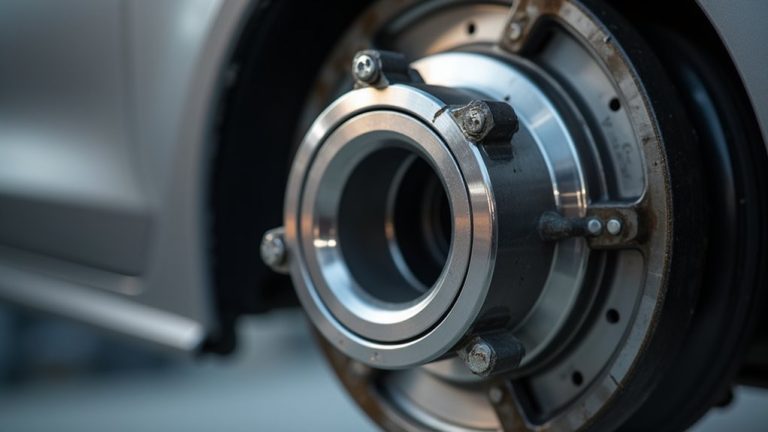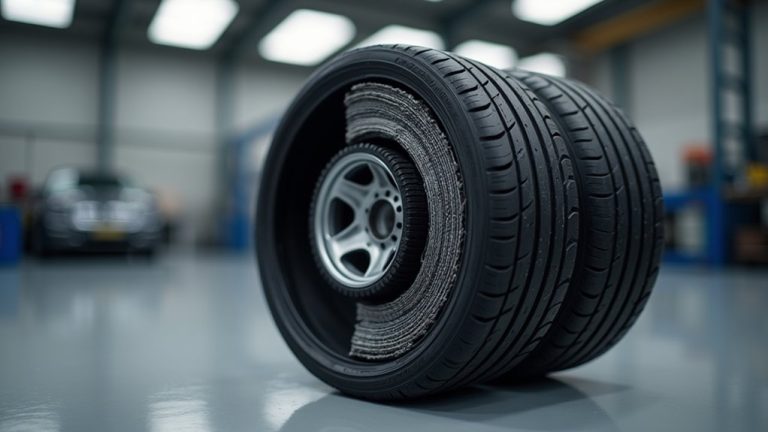Does Tire Width Matter
Tire width plays a big role in your car’s performance and safety. It changes how your vehicle handles on the road. Narrow tires save fuel by cutting down rolling resistance. Wider tires create more drag and use extra gas. Data shows narrow tires can boost mileage by 5-10%.
Grip improves with wider tires, especially during sharp turns. Yet, steering might feel heavier with them. Narrow tires often make rides smoother. Their taller sidewalls soak up bumps on rough roads. Wider tires? They pass more noise into the cabin.
Think about your needs before picking a width. Safety, comfort, and fuel costs all tie to this choice. Explore more to find the best fit for your car!


